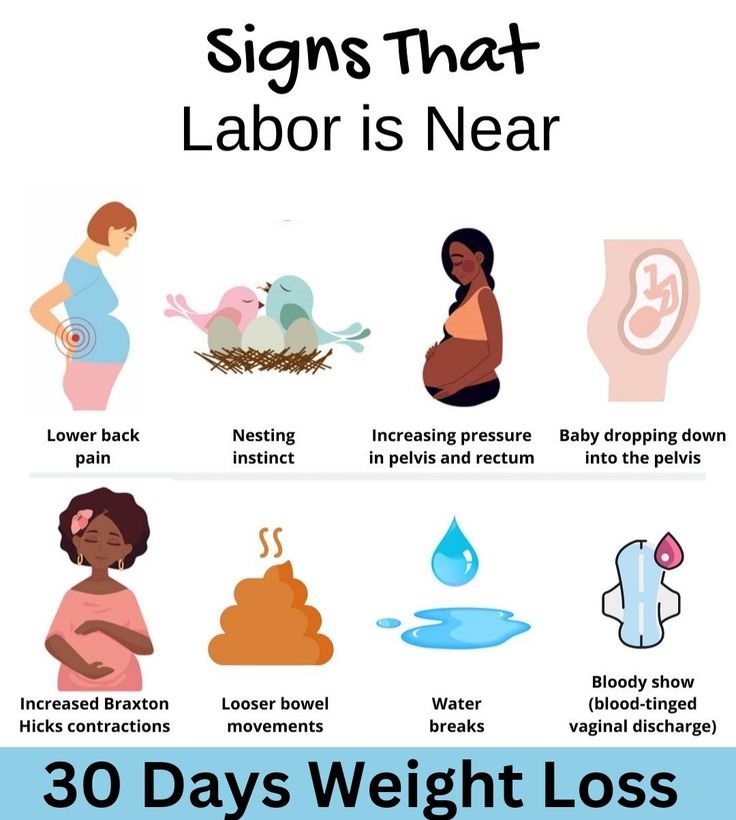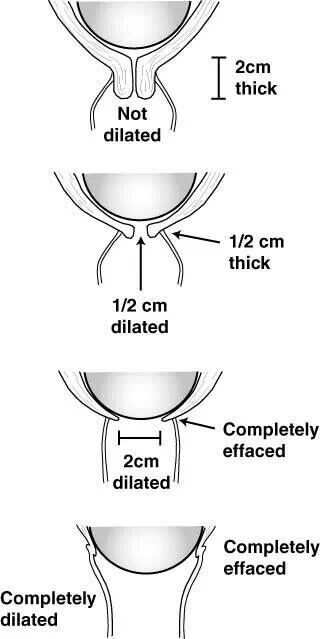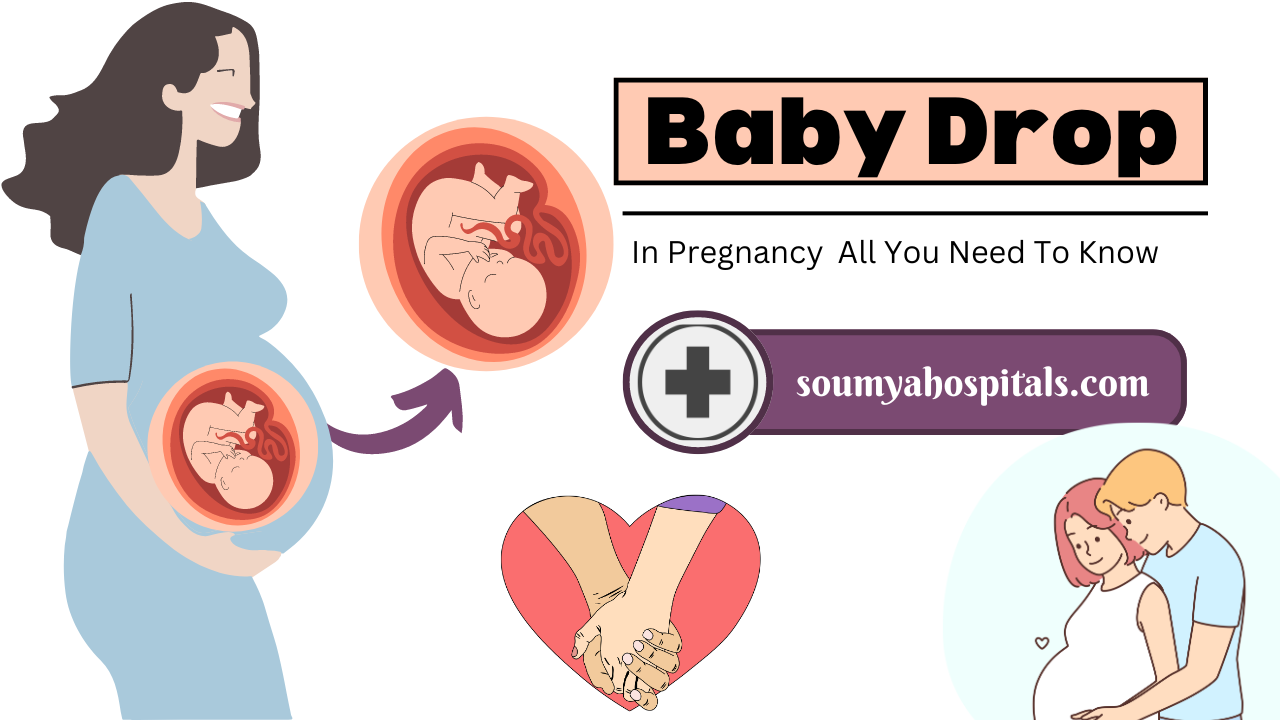For an expectant mother or father, concerns around the arrival of the baby become palpable in the last trimester. A term you’ll hear a lot around this time is the “dropping” of the baby. Don’t worry, though – it isn’t as scary as it sounds. This is one of the final stages of pregnancy that will lead to the arrival of your precious little one. You’ll also discover that baby dropping actually translates to an improved appetite as heartburn eases. Plus, quite literally, you will also be able to breathe easy!
Also Read: How To Relieve Constipation During Pregnancy
Baby Dropping: Baby Moves To The Lower Part Of Pelvis
Baby dropping (lightening) is the point during your pregnancy when the baby moves into the lower section of your pelvis. This happens when you are nearly at full term. As the fetus shifts or “drops” lower into your uterus, you experience a sudden lightness or relief due to the easing of pressure on your diaphragm. The baby is no longer pressing up against your rib cage. This shift happens as the baby gears up for the final phase before birth. During the end of labor, the baby finally exits the birth canal through your uterus, cervix, and vagina. The movement to the lower pelvis, closer to the opening of the cervix, happens in readiness for what is to follow.

Baby Drops In The Latter Half Of The Third Trimester
Knowing when your baby will drop isn’t an exact science. And while the dates may vary for each woman, there are some general milestones. Most baby drops tend to happen after the 35-week mark. In general, it typically happens in the third trimester toward the latter half of the pregnancy.
The timing may also vary depending on whether this is your first pregnancy. According to the US National Institutes of Health, lightening usually happens a couple of weeks (or even a month) before the actual labor begins in first-time mothers. It can happen later for others.
Not all babies drop well before they are born, though. As the UK National Health Services explains, if this isn’t your first pregnancy, the baby may not even drop or move down until you go into labor.
Symptoms Include Feeling Of Lightness And Ease In Heartburn
If you’ve already had a child, chances are that you’ll know what to look for. First-time moms can watch for these signs to know that the baby has dropped.

- After your baby has dropped, you will feel a sensation of “lightness.”
- The pressure you may have felt from the fetus pressing up against your rib cage should ease.
- You will find you are able to breathe more deeply than you have been able to during the past months.
- Breathing itself also seems much easier. This is because your lungs now have space to easily fill up, as the pressure on your rib cage eases.
- If you have experienced heartburn in earlier weeks, it will go away. The baby will now sit in the lower pelvic region, away from the food pipe and upper section of the stomach. You might even find you are able to eat more as your stomach is no longer as constricted. The prospect of heartburn is also no longer a deterrent.
- You might also notice a visible shift in the appearance of your abdomen, as the bulk of the bulge moves lower.
- You may need to urinate more often, as the baby is now squarely in the pelvic region and pressing on the bladder.
How Much Weight Should You Gain During Pregnancy?
How To Relieve Constipation During Pregnancy
